Page 122 • (1,295 results in 0.088 seconds)
-
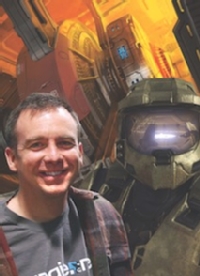
career, was also true for his education. Parsons originally entered Washington State University. But as he started to figure out what he wanted to do after college, transferring to PLU made a lot of sense. “I liked what I saw at PLU,” he recalled. “I liked the smaller environment and the smaller class sizes. It felt good to me. Plus, I thought they had a great business program.” Also factoring into the equation: a move to PLU would allow him to be closer to the businesses that would likely employ him
-
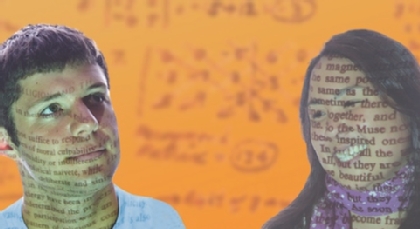
world is more complex than I’ve ever imagined. It made me realize that I’m not going to save the world – the best that I can do is try to understand.” Josh pauses, then asked: “But what is education without action?” One of the things that also appeals to both Catherine and Josh is the fact that most of the classes are discussion-based, as opposed to lecture-based. It allows students to really get a chance to dig deep into the subject matter and explore it. Or, in the words of Catherine, the
-
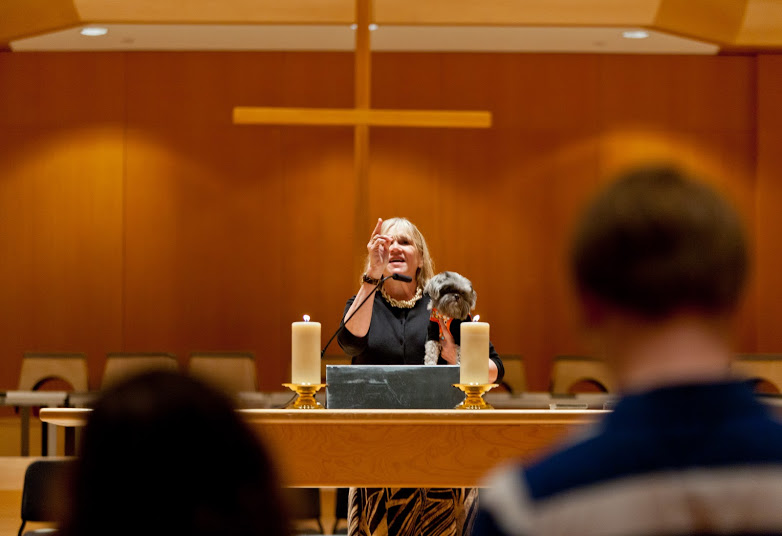
December. The entire PLU community is encouraged to submit lyrics for the alma mater tune, with the winning lyricist receiving a gift certificate for two to Teatro ZinZanni in Seattle, courtesy of KPLU. The contest—like Chapel itself—represents quite a collaboration of campus and community constituencies. “We partner with quite a few groups, such as the Women’s Center and Wang Center for Global Education,” she said. “When they’ve had special events, we feature a speaker from the conference (for example
-

. “Economics is fundamentally a discipline in which we study how and why we make decisions,” says Associate Professor of Economics Karen Travis. “It is the wide range of applications that tends to draw a very broad pool of students, including those interested in finance or developing economies.” “Students who are drawn to Economics ask questions for which the answers aren’t easy—poverty, health care, education, unemployment, development, environmental degradation, international relations—but for which they
-
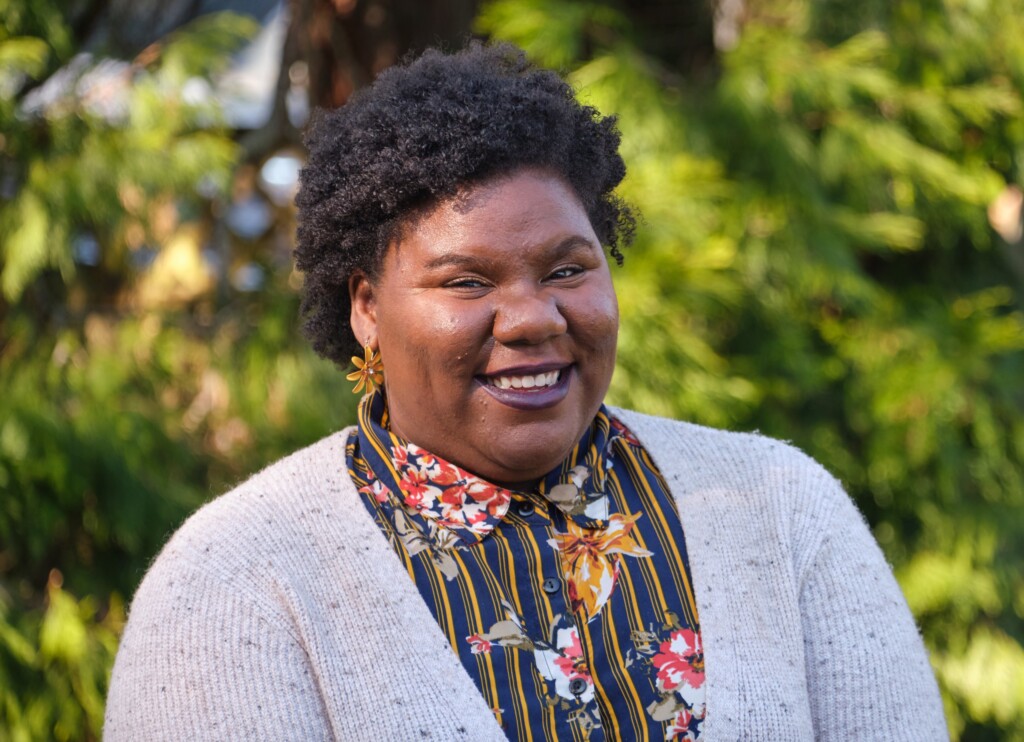
coordinator of the Center for Gender Equity. I also support Queer programming for students across campus by partnering with various student leaders. Advocacy services are centered around encouraging the empowerment of victim-survivors during their healing process, supporting friends and family, and providing education about the issues surrounding sexual assault and abuse. What are some goals you have for your role? I hope to continue the legacy of those set before me. I hope to also encourage the CGE to
-

initiatives in art and architecture, education, healthcare, and social assistance. He spoke about one of Luther’s texts that pertains directly to pandemic and the responsibilities of political and religious leaders as well as citizens during a health crisis, and why our time is ripe for conversation and reflection on Luther’s guidance. Were these Zoom presentations open to anyone who is interested? Those were Zoom classes that I was asked to do for different Lutheran congregations on Luther’s view of
-

, who inspired Vianna to become a composer. He then recorded and performed throughout the Brazilian jazz scene and taught at music academies before continuing his education in the United States. He came to PLU in 2018 and has since been recognized for his ability to compose and arrange music for both collegiate and professional bands. Brian Galante, chair of PLU’s music department, says Vianna is a “model example” of how to bring creativity and innovation to both teaching and musical programming
-
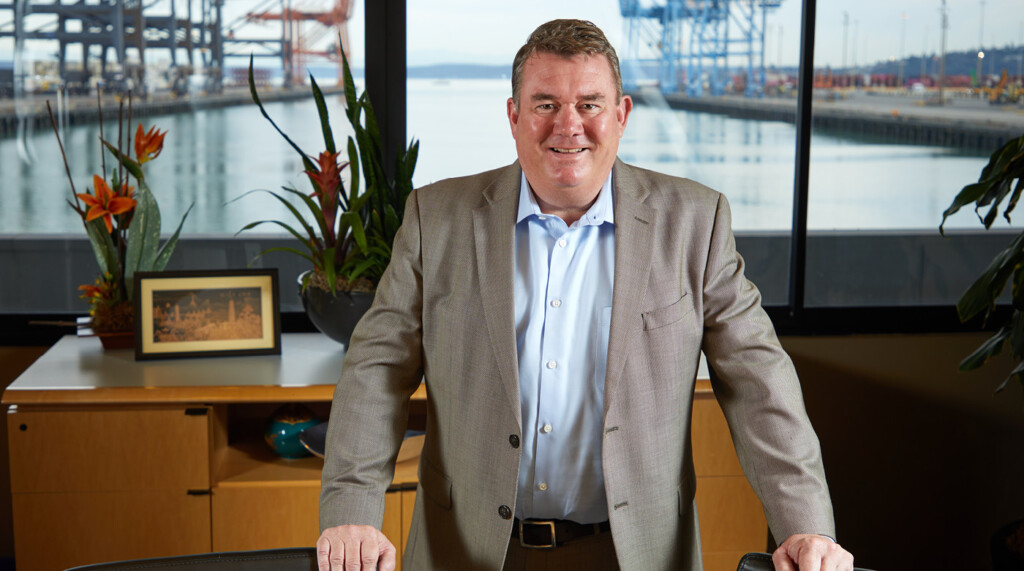
learn as many complementary skills as you can. The workplace increasingly requires a blend of skills and a blend of knowledge. Getting a degree in business and understanding business is great, but you also need to understand things like communications or government affairs or environmental policy. That cross-disciplinary education is a really good skill set. PLU does a great job with that.Lute Powered is a project highlighting PLU alumni at some of the most well-known organizations across the Puget
-

and related systems must change to alleviate global hunger,” Laurie-Berry says. Before 2015, the original PLU greenhouse functioned more like an extremely hot sunroom built on a black flat top roof. “It got so hot that everything died,” Laurie-Berry says. “The new greenhouse completely transformed what I could do in that class.” Today’s Carol Sheffels Quigg Greenhouse was built in 2015 and named for a former PLU regent, donor and enthusiastic supporter of science education at PLU. The 1,700-square
-

. Mikhiela Sherrod, the director of US domestic programs for hunger relief organization Oxfam America, was both the conference’s keynote speaker and the moderator for Beeson’s panel. The panel on female empowerment in organizations brought Beeson together with students who compared modern women’s cooperatives and researched girls’ education in Kenya. “It was rewarding to be part of this conference,” Beeson says. “I had the opportunity for my research to be acknowledged on this scale.” Beeson’s research
Do you have any feedback for us? If so, feel free to use our Feedback Form.


